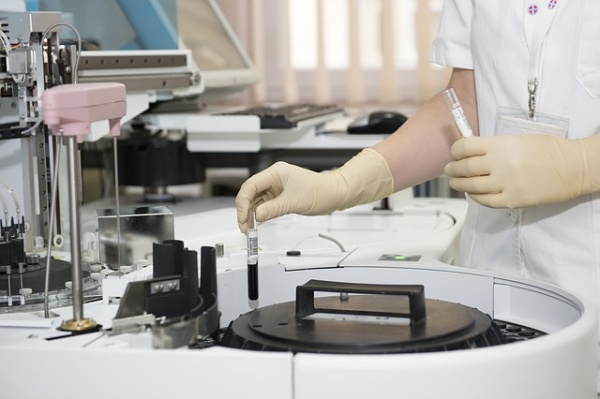How to Avoid and Handle Misdiagnosis
Getting misdiagnosed by a medical professional. What are the odds? You will probably be surprised to learn that millions of people are misdiagnosed yearly by their trusted physician or specialist. Sometimes, knowing that you have been improperly diagnosed can come as a relief, but most of the time, a new, correct diagnosis is much more debilitating.
When you find out you have been misdiagnosed, you will certainly feel a whirlwind of emotions. Keep them in check, and learn how to handle the situation like a queen with these tips:
Handling misdiagnosis
It happened. You learned that what you were getting treated for is not what you are actually experiencing. For better or for worse, here is how you can handle it:
1 Stay calm
What you were getting treated for and what you might actually have may be frighteningly different. Try not to think about the treatments involved or how much time you have lost tackling the actual condition. Rewire your thoughts to be optimistic.
At least the problem was finally figured out, so you can now focus on receiving quality care instead of something that could have been exacerbating the condition all along. You are on the right trek now. Things can only look up.
Read also – 4 Different Types of Mood Swings and How to Beat Them
2 Check your records
Sometimes, a misdiagnosis will lead you on a road of surgeries, treatments, and medical expenses that were all for nothing. You had to take time away from your life for that, and so there has to be some kind of retribution.
Scan your medical records, look at what was done that had no effect on your condition (or what could have harmed you further), and assess whether or not you want to take this misdiagnosis to court. You may be thinking it is not worth your time. In actuality, getting money back will help ease the stress and give you some peace of mind.
3 Contact a lawyer if necessary
If you deem the misdiagnosis no small error but a gaping wound in your life and finances, you have a legal case. Contact an attorney immediately to get an assessment on how much money they can have returned to you.
This will help ease the burden of restarting from the beginning of your treatments. Besides, legal representation is a good thing to have in case anything else arises later on, like negative or life-threatening consequences from the misdiagnosis.
4 Treat your symptoms
In the event that you know you have been misdiagnosed but the actual verdict is not in yet, treat the symptoms you are currently experiencing. You know based on gut feeling what may be wrong, so do what you can to alleviate the pain you feel to carry on with daily life.
Again, staying calm and optimistic about the outcome is going to help you get further than being depressed about the misdiagnosis. Stay active, attend therapies, and never stop seeking answers to your questions.
5 Seek alternative care
No single doctor has all the answers. In order to pin down what is really wrong, you may have to go to several of them and look at the symptoms for several different angles. Never accept the first opinion.
This is why keeping medical records is important (they are not just for suing people). Holistic and complementary therapies, Eastern medicine practices, and other theoretical options are out there, and you can choose whether or not to give them weight.
Read also – 10 Natural Ways to Soothe Headaches
How to avoid misdiagnosis
Though doctors are always going to think they are correct in their assumptions and data, if you think they are wrong, call them out on it. Be assertive. Contrary to popular belief (and what the doctor thinks), medical practitioners, especially specialist, do not know everything. Plus, in the vast sea of medical conditions, disorders, and symptoms, sometimes they overlook the most blatantly obvious issue.
Doctors may have an over-reliance on medical testing outcomes, which can be influenced by technological problems, for instance. Not to mention that despite everything people know about the human body, much of how it works and why is still a mystery. Keep detailed records of your tests, be honest about your symptoms and lifestyle, and explore new avenues of research and treatment to get better answers.
Misdiagnosis happens all the time. When it happens to you, it feels like the world has been flipped upside down. You may find yourself dealing with a whole new set of problems. Keep yourself from feeling overwhelmed by seeking alternative routes, discussing treatment options with various doctors, and staying optimistic. You will get through it.
